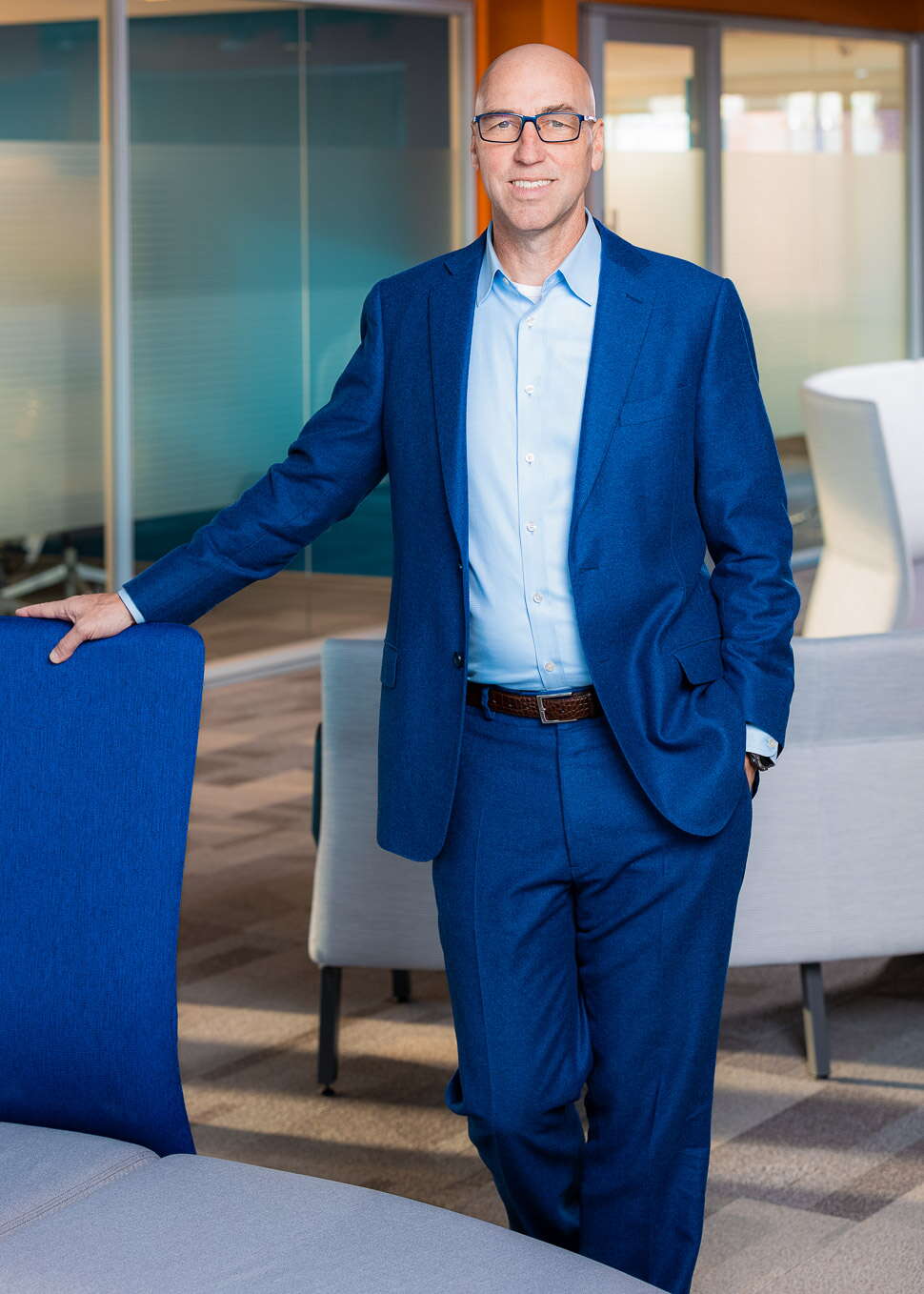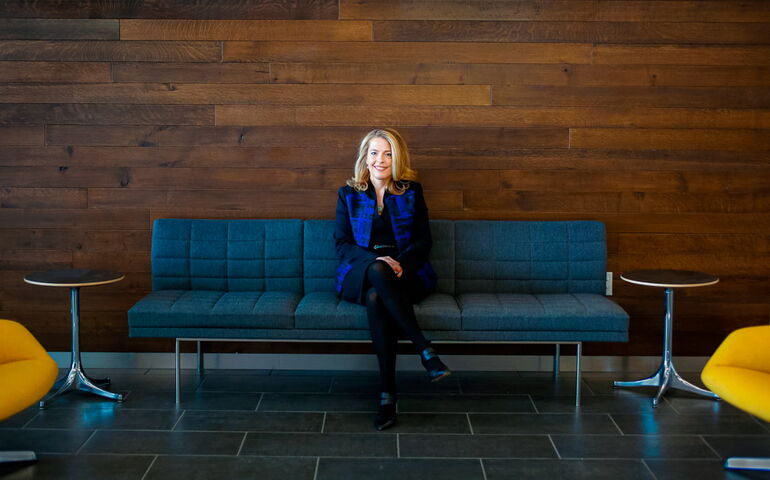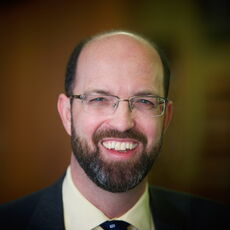
Processing Your Payment
Please do not leave this page until complete. This can take a few moments.
Rural lessons: Maine CEOs talk about what they learned growing up in a small town
 File Photo / Tim Greenway
Melissa Smith, chair and CEO of WEX Inc., grew up in Winn, in Penobscot County.
File Photo / Tim Greenway
Melissa Smith, chair and CEO of WEX Inc., grew up in Winn, in Penobscot County.
Many of the most significant and most prosperous New England-based and national companies have been started or are based in Maine.
Some of these businesses are led by the brightest minds Maine has to offer.
Growing up in a small town offers lessons you can’t buy in an MBA program or gain in the boardroom.
We asked three Maine leaders to describe in their own words what they learned growing up in small towns in Maine.
Melissa Smith, CEO and chair of Portland-based WEX Inc.; Micheal Borque, president and CEO of Portland-based workers comp insurer MEMIC; and Yellow Light Breen, CEO of the Maine Development Foundation.
In these three examples, Maine CEOs talk about grit, hard work and how they learned to communicate with people who weren’t like them. Here are their stories in their own words.
Lessons of ‘grit’
Melissa Smith, who is chair, CEO and president of the Portland-based financial services firm WEX Inc., grew up in Winn, a town of 400 in Penobscot County. In her words:
“While many assume that rural life is limiting, my upbringing in Winn provided a healthy dose of grit and a people-first leadership ethos, energized by being active and outdoors.
“When my sisters and I would list reasons why we couldn’t do certain things, our mother would inevitably ask ‘Why not?’ – and we’d eventually realize that our limited thinking was self-imposed. Her gentle guidance to reconsider perceived boundaries and take advantage of opportunities fostered a spirit of pushing through discomfort — or grit.
“Community is essential in life — especially in a small town where you cannot look behind you for someone else to do the work. My parents volunteered often and I saw others around me doing the same. Even now, I understand leadership as the ability to connect with others, prioritize relationships and raise my hand.
“In order to give energy to others, you need to generate energy. In my early days, access to our working farm, nearby lakes and Baxter State Park helped me fill my bucket. [Even] today, getting outdoors and being active is how I am able to generate energy to give to others.”
Hailing from a ‘smart, honest and hard-working’ community

Michael Bourque, the CEO of MEMIC, grew up in the town of Ashland in Aroostook County. At the time, about 2,000 people lived in Ashland.
“I was born in Greenville, but moved to Ashland in Aroostook County when I was 1 year old. My family lived in Ashland until I was 14. It was a town of 2,000 people, essentially being the border between potato farms to the east, and the North Woods to the west.
“It was a town of farmers, lumber mill workers and loggers. I felt like everyone in town knew the value of work ethic, sometimes very hard work. In a town that size, most everyone you meet is a neighbor so you learn from a young age to be friendly and to talk to everyone you see. I was a paperboy and learned that talking to adults on my paper route was not only entertaining, it helped earn me better tips! Also, every adult knew my parents so I wanted to make a good impression. That has clearly followed me through my career.
“Coming from a small place that many people had never heard of made it important for me to represent our community whenever we traveled to other places. I wanted people to understand that we were smart, honest and hard-working. That pride of place has always been important to me and I think has made me want to be the best I could be. It wasn’t so much a chip on the shoulder as it was an honest belief that while we might not have been seen as sophisticated, we were as good as anyone else. It was almost a need to achieve as proof that we were just as able as any city kid.
“Ashland also taught me to pitch in. Everyone was involved in the community. There weren’t many of us, so everyone had to be part of everything. My mom served on the library board of trustees and was director of the rec department, and my dad was on the planning board, parish council and the volunteer fire department. It’s what you did. I can clearly trace my own willingness to be active in my community to Ashland, Maine.”
‘Not fitting in’ helped create an adaptability
Yellow Light Breen, president and CEO of the Maine Development Foundation, grew up in St. Albans, Somerset County. Today, St. Albans has a population of 1,962 people.

“The ‘small’ in small town doesn’t define the talent or potential of people in rural Maine. I was inspired by the example of twin brothers Vincent and Victor McKusick, raised on a farm three towns away from mine in Parkman, Maine. Victor [1921-2008] founded the medical genetics department at Johns Hopkins University and ‘wrote the book’ on the topic. Vincent? He went to MIT and worked on the Manhattan Project; then finished No. 1 at Harvard Law School and served as Chief Justice of Maine. I was privileged to have him as a mentor, and now to share his story to inspire others.
“As a geeky hippie kid named ‘Yellow,’ growing up in a close-knit rural farming and shoemaking region, there was just no chance I was ‘fitting in.’ And, as a poor, rural Maine kid at Harvard — even less chance! Not fitting in has proven surprisingly crucial to my career of building bridges and connecting people to solve problems. Without even fully realizing it at first, never really ‘fitting in’ made me more open and compassionate to learning from and working with people from all situations and walks of life, finding the best ideas to move forward. By deeply respecting and working with unique perspectives, I’ve been able to work with then-Gov. Angus King to build bridges between urban and rural Maine to improve funding for schools and implement the laptop program; bridge from the past to the future as I helped Bangor Savings to innovate, grow statewide and add 200 jobs; and build bridges between industry, government and community as we work at MDF on sustainable economic growth for Maine people.
“Change is inevitable, fear of change can be overwhelming. But we have to be willing to change in order to hold onto what really matters — our core values and quality of life, not old ways of doing things. Growing up, in a community losing egg and dairy farms and flanked by an old tannery, an old textile mill and the massive Dexter Shoe — economic change was everywhere you could look. Holding onto the special quality of life of rural places and historic downtowns requires us to take on the scary work to adapt and reinvent into brand new opportunities and new versions of old industries to keep hold of what’s most important. My work at MDF today supporting the revitalization of our local Main Streets and our forest bioproducts and marine economies, is guided by what I lived growing up in rural Maine.”










0 Comments